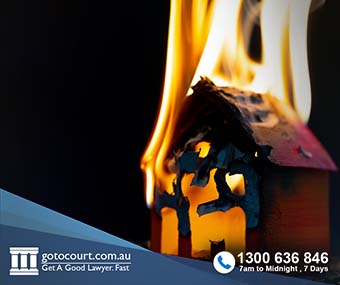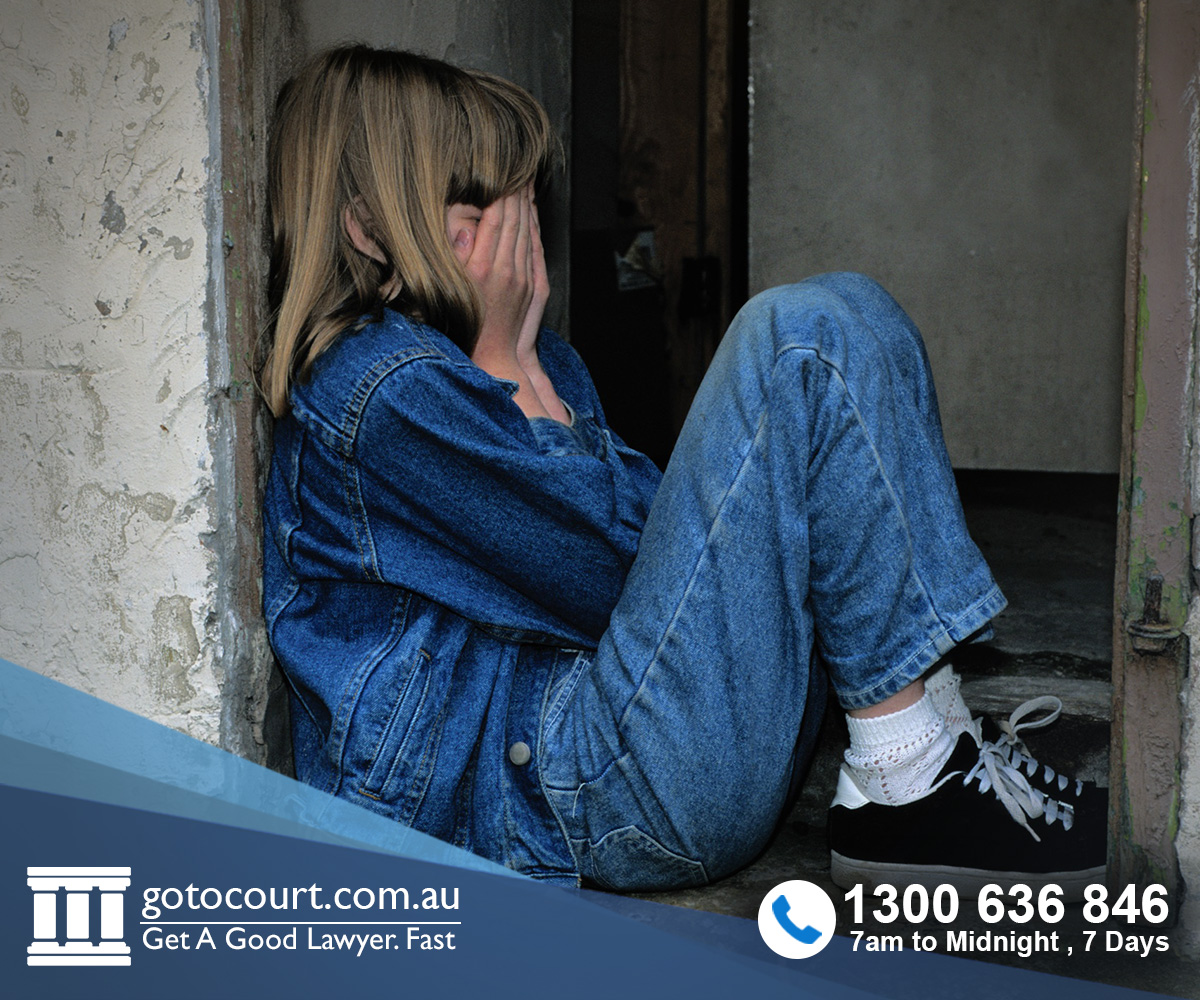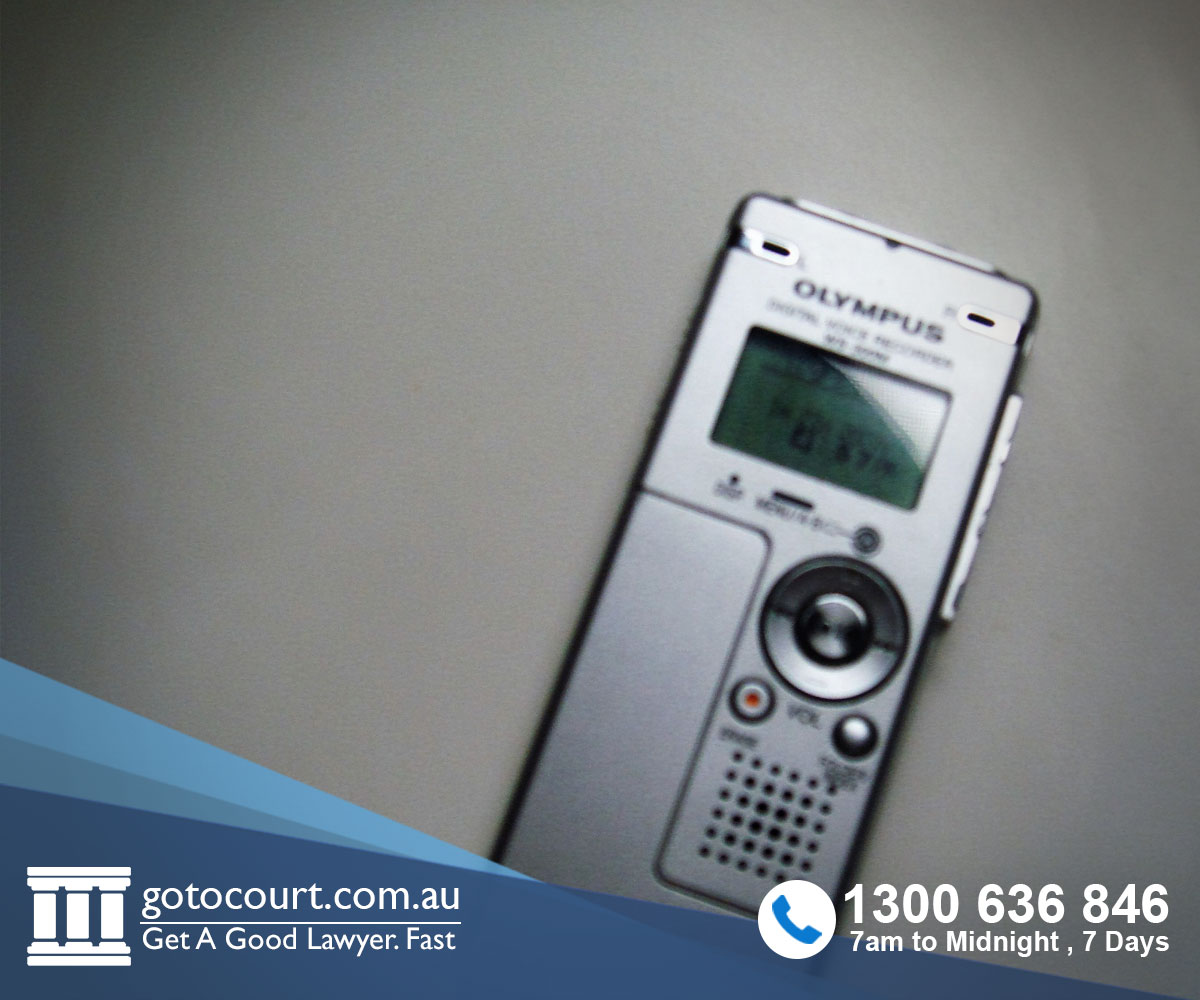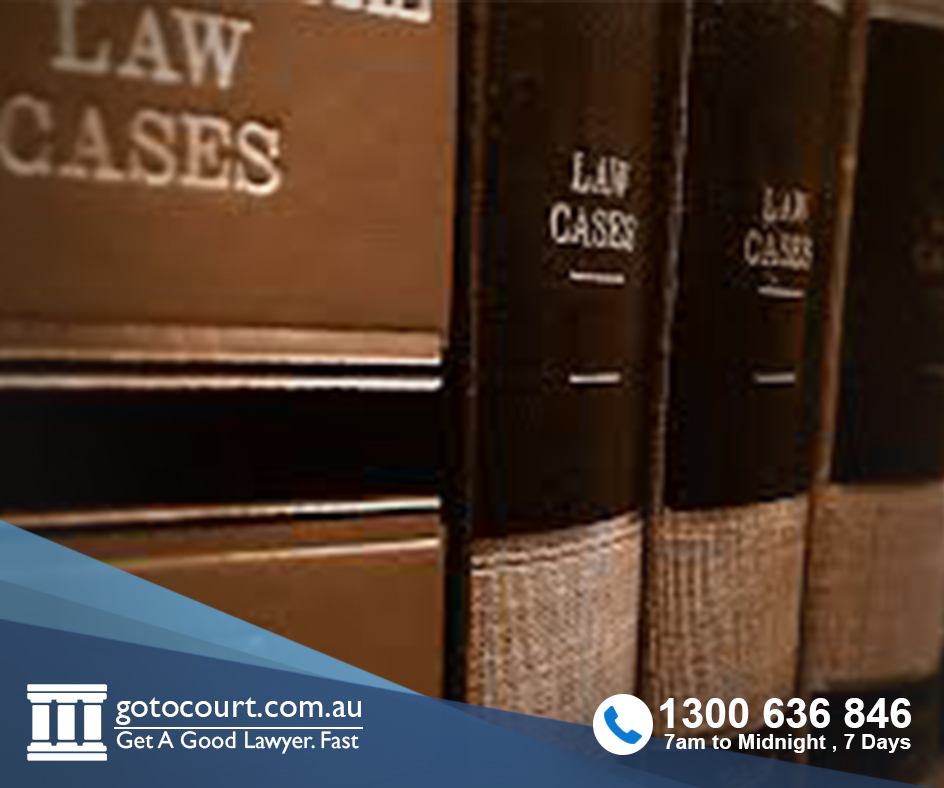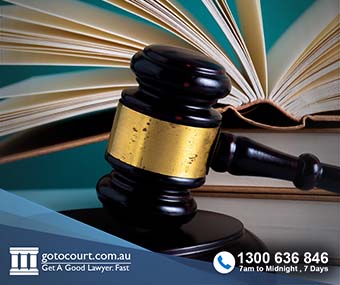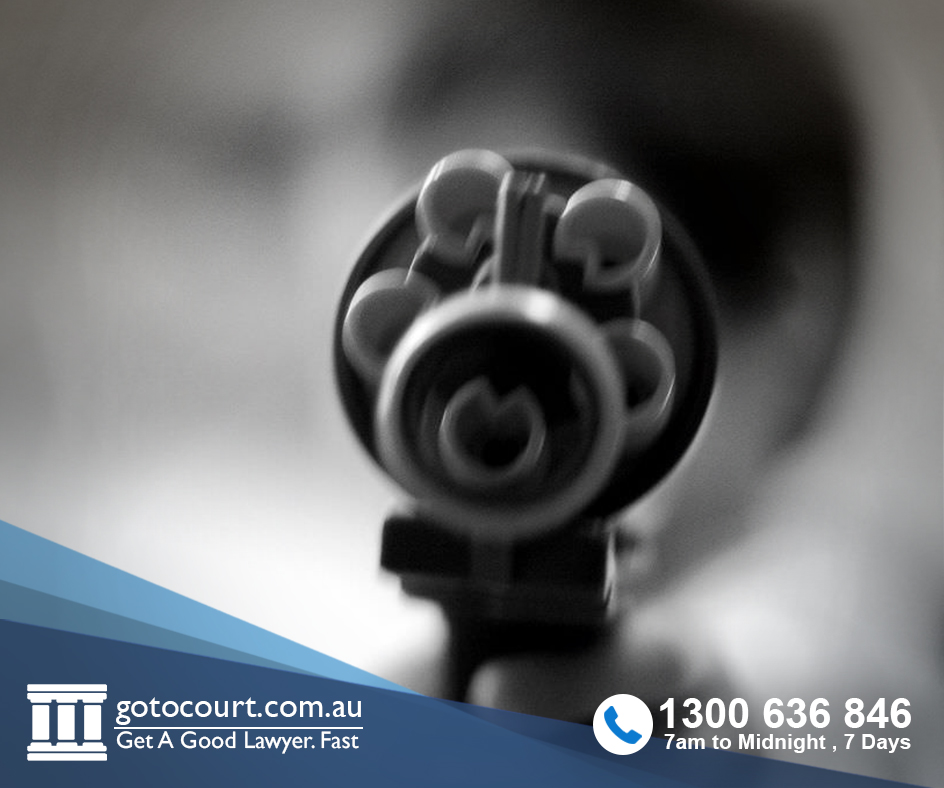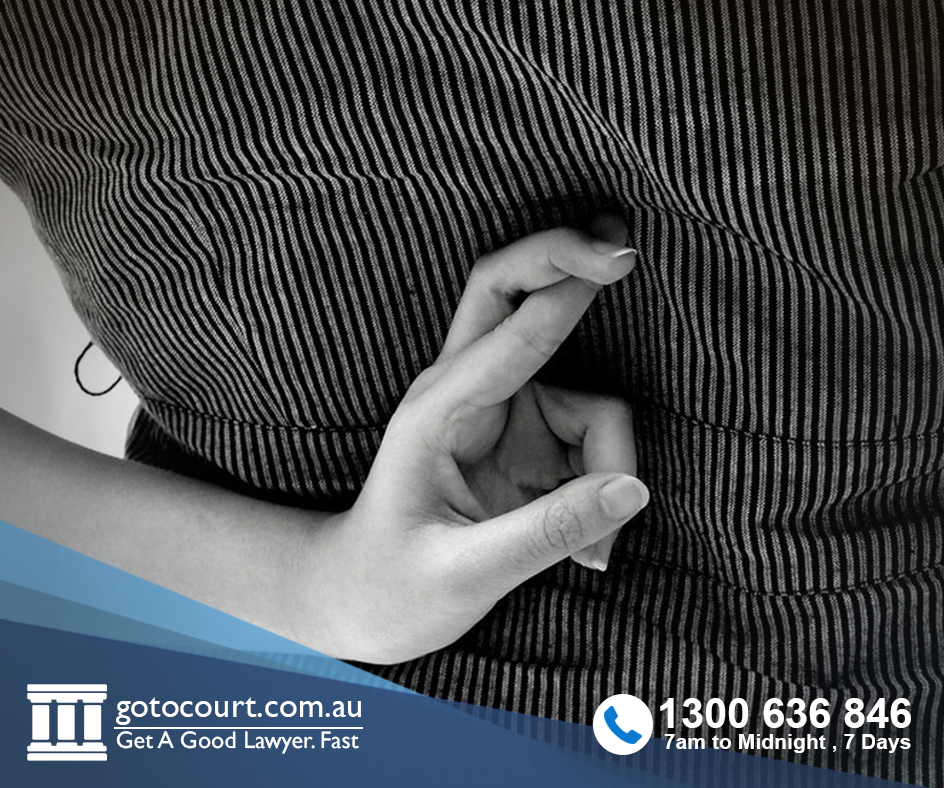Firearms Offences (Vic)
The use of firearms in Victoria is regulated by the Firearms Act 1996. This act governs the possession, use, purchase, manufacture and supply of firearms and aims to limit the possession of firearms and promote public safety. There is a range of criminal offences relating to the possession and use of firearms contrary to the provisions of the legislation. This page outlines some of those offences.
What is a firearm?
A firearm is a device designed or adapted “to discharge shot or a bullet or other missile by the expansion of gases produced in the device by the ignition of strongly combustible materials or by compressed air or other gases, whether stored in the device in pressurised containers or produced in the device by mechanical means” (Firearms Act, Section 3).
The act differentiates between handguns and longarms. A handgun is a firearm that can be carried and concealed by a person and that can be raised and fired with one hand. A longarm is any firearm that is not a handgun.
How do I get a Firearms Licence?
A firearms licence can be obtained by making an application to the Licensing and Regulation Division of the Victorian Police.
Applicants must fulfill eligibility requirement, which are as follows:
- Applicants must be residents of Victoria;
- Applicants must be aged over 18 for an adult license or between 12 and 18 for a junior license;
- Applicants must be fit and proper persons;
- Applicants must not be a Prohibited Person;
- Applicants must have a genuine reason for needing a firearm licence;
- Applicants must have completed a firearm safety course.
Applications must be accompanied by 100 points of identification and a copy of your Victorian Firearms Safety Course certificate. A fee is payable upon receiving a Firearms Licence. The amount of the fee depends on the Licence Category.
Unregistered firearm
One of the firearms offences governed by the act is possession of unregistered firearms. Under section 7B, it is an offence to possess, carry or use a handgun that is not registered. Under section 6A, it is an offence to possess, carry or use a longarm that is not registered.
The penalties that apply to these offences depend on the type of firearm involved and whether it is the person’s first, second, or subsequent offence.
It is also an offence under section 7C of the Act to possess a traffickable quantity (more than two) unregistered firearms. This offence is punishable by a maximum of 10 years imprisonment.
Unlicensed firearm
The Act also contains offences relating to possessing firearms without a licence. Under section 6 it is an offence to possess, carry or use a longarm without a licence. Under section 7, it is an offence for a person to possess, carry or use a handgun without a licence.
The maximum penalties for these offences depend on the type of weapon involved.
Storage of firearms offences
A person who holds a firearms licence must store his or her firearms correctly when they are not being used.
Firearms must be stored in a receptacle made of hard wood or steel that is not easily penetrable and which, if it weighs less than 150 kilograms, is fixed to the frame of the floor or the wall of the premises so that it is not easily removable, and which is locked.
Failure to store a firearm correctly is an offence under section 121, which is punishable by a maximum of between 12 months and four years imprisonment depending on the item being stored incorrectly.
Carry firearm in certain places
Under section 130, it is an offence to possess, carry or use a loaded firearm in a town or populous place or on any thoroughfare or place open to and used by the public for passage of vehicles. This imprisonment is punishable by a maximum penalty of imprisonment for 10 years.
There is an exception to this provision for police officers, prison officers and security guards acting in the course of their duties.
Safekeeping of firearms
When firearms are being carried or used, they must be carried or used in a secure way. Reasonable precautions must be taken to ensure that that the firearms are not lost or stolen. Failure to take these precautions is an offence. These firearms offences can result in a fine of up to 240 penalty units or four years imprisonment.
Offences relating to Prohibited Persons
If you have been the respondent in an Intervention Order, you may be deemed to be a Prohibited Person. If you are deemed to be a Prohibited Person, you will not be allowed to possess a firearm for five years from the date the Intervention Order expires.
It is a serious offence for a Prohibited Person to possess, carry or use a firearm.
If you have been deemed a Prohibited Person and you want to have this reversed, you can make an application to the court under Section 189 of the Firearms Act. Under this provision, you must satisfy the court that allowing you to possess firearms will not put anyone at risk.
The court will make this decision based on the following factors:
- Whether or not firearms were involved in the behaviour that gave rise to the Intervention Order;
- Whether you have prior convictions;
- Whether you have a “genuine and not unhealthy interest in firearms”;
- Whether you have legitimate reasons for wanting to possess firearms.
If you would like to speak to a lawyer please contact Go To Court Lawyers.

